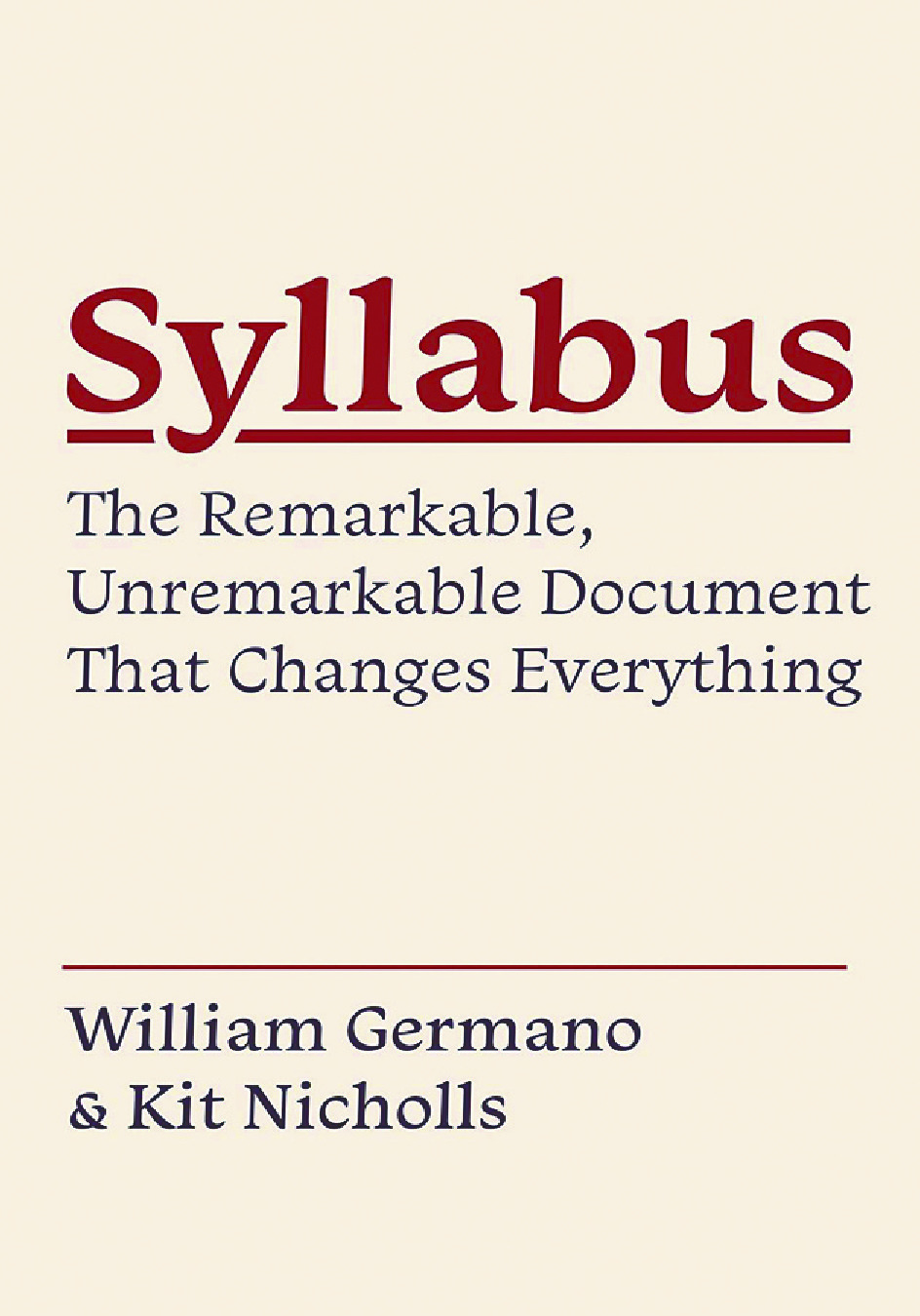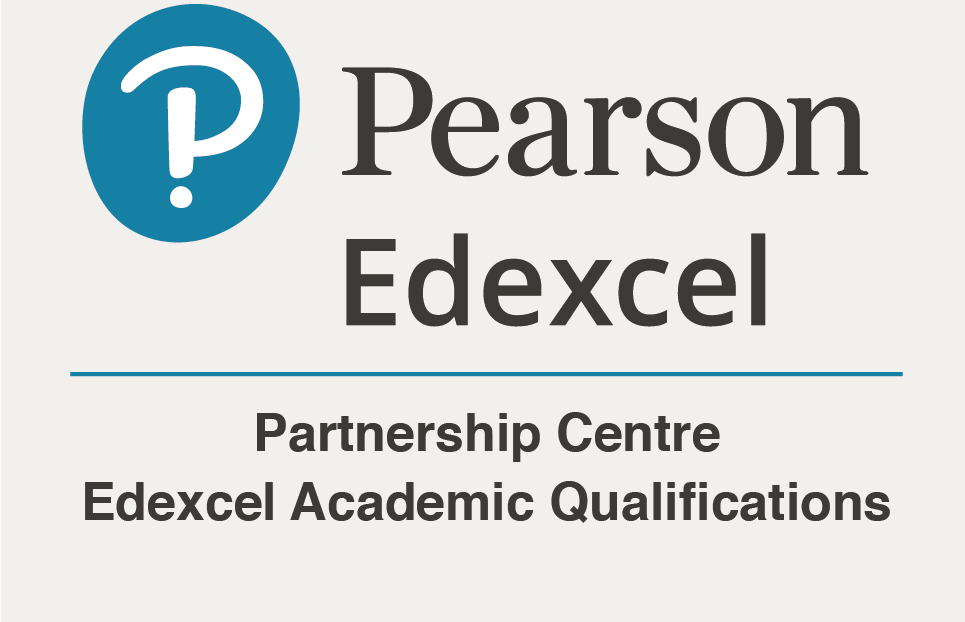How the Unremarkable becomes Remarkable
We all need a plan, and this is particularly true when you want to learn something (or teach something). Whether you’re in high school and the syllabus remains a mystery know only to your teacher, or you’re at university and the syllabus is a constant point of reference, syllabi remain a focal point of formal study. Syllabi usually provide a plan for study and clear guidance on forms of assessment. However, Prof William Germano and Kit Nicholls argue in their new book “Syllabus: The Remarkable, Unremarkable Document that Changes Everything” (2020), a syllabus has the potential to be so much more. They characterise a syllabus as a “story” – and opportunity to ponder the possibilities and problems of the classroom – meaning teacher and student need to find their way through the syllabus together, rather than the teacher simply delivering the material. According to the authors: “You’re looking for opportunities—those temporal junctures where something special can happen.” They write that “the way we gain knowledge is nonlinear and recursive” and that teachers should build in moments of “repetition, regression, leaping ahead” into a course.
The syllabus sets the tone for the months to come, sharing the teachers hopes and philosophies. Syllabi are also highly politicised, often become the battleground for questions of diversity and inclusion. Germano and Nicholls’ book it replete with helpful pedagogical insights. According to them, under ideal circumstances, what is transferred when teaching isn’t a body of knowledge but a kind of “craft,” a way of reading and taking in the world. Their perspectives might not suit everybody. For example, the consider the virtues of a teacher being a “goofball” in order to demystify the student-teacher relationship. There are dozens of educational contexts where this might not be entirely appropriate, but it is an idea. Teachers are no more cut from a mould than their students. They also include fascinating examples of syllabi composed by field-leaders, including Barack Obama and W. H. Auden. Artist Lynda Barry composed her entire syllabus in the form of a graphic novel. One leading Chinese expert demands cookies for the class if a student is unfortunate enough to let a ringing phone disrupt a session.
Germano and Nicholls’ might not suit everyone. Their approach is certainly contemporary and student-focused. They focus on building educational relationships rather than cultivating respect or fear. Their thoughts might not seem applicable, as their experience is largely with college-level classes. However, their work does encourage reflection. Even those who vehemently disagree with such approaches are forced to consider why they feel their approach is superior. If this work does anything, it elevates the idea of a syllabus – highlighting potential and possibility while also encouraging reflection and revision – and allowing each educator to decide whether or not to embrace that opportunity.

© 晉博教育中心 Brighten Youth Education Centre


